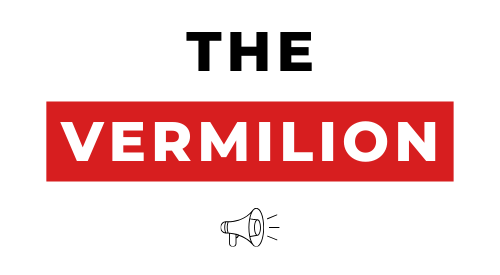A chronic and progressive disease of the optic nerve, glaucoma affects 2% of the Italian population (around one million and 200 thousand people) and its diagnosis, too often, arrives late. “Prevention remains the best weapon, but in this area artificial intelligence is proving to be an increasingly effective weapon for the development of technologies at the service of patients”, Professor Stefano Miglior, Professor of Diseases, explains to Today.it of the visual system at the University of Milan-Bicocca and president of the Italian Association for the study of glaucoma.
Importance of prevention
“To diagnose glaucoma, a consultation would be enough,” admits Professor Miglior. Who then specifies: “Whoever is over 40 should undergo an eye examination. Only in this way, in fact, can the presence of this pathology be ascertained which does not give symptoms and, when it does give them, it is often too late”. A visit to a specialist, therefore, allows you to ascertain the presence of signs of the disease and, if necessary, to proceed with further investigations.
“Any other solution is completely ineffective”, continues the president of the Italian Association for the study of glaucoma (an organization active since 1984 and which every year, in the world week dedicated to this disease, holds its international congress to take stock of the best specialists). In fact, it is said that high eye pressure can provide a fairly accurate indication. “But this is not the case – Professor Miglior intervenes – indeed, relying on this parameter risks even being misleading”.
AI at the service of glaucoma
An artificial intelligence system with large language models offers broad decision support to ophthalmologists, according to research from Mount Sinai Hospital in New York. In detail, the study – the results of which are published in the journal Jama Ophthalmology – compared the knowledge of specialists with the capabilities of OpenAI’s ChatGpt-4.
Professor Miglior continues: “What is new is precisely the study and validation of automated systems based on artificial intelligence and centered on sophisticated algorithms, which will be able to contribute to improving diagnostic efficiency and automating the diagnosis process”. So his conclusions: “In the future, AI could have a significant impact on outpatient glaucoma diagnostics, on the management of glaucomatous optic neuropathy and on remote patient monitoring.”

